Special Feature
Erosion of ideological integrity in Nigerian politics, by Abayomi Odunowo
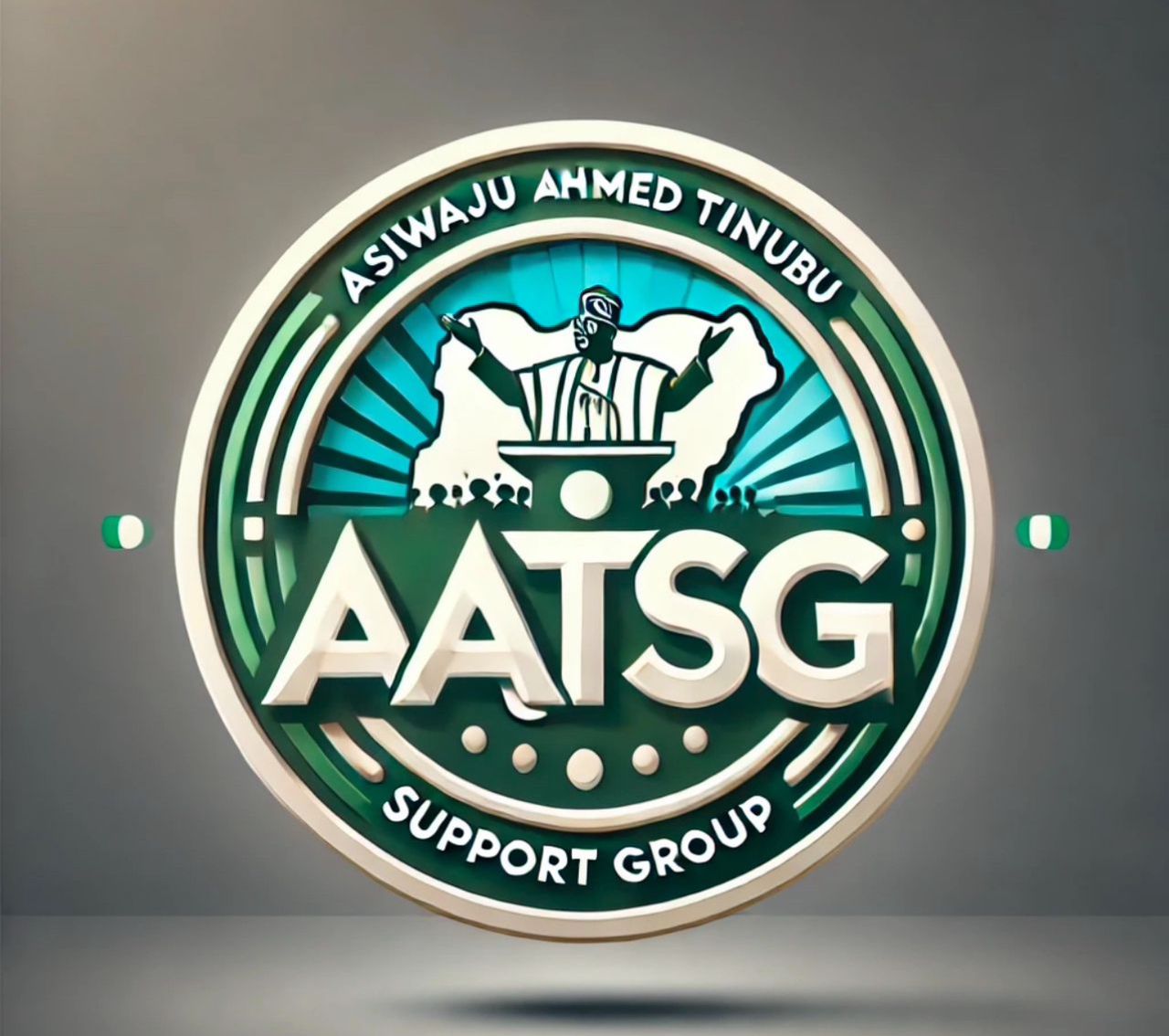
In contemporary politics, a troubling trend has emerged: the ideological differences that once distinctly delineated political parties have eroded significantly. This alarming phenomenon has shifted the political landscape from one of robust debate over values and policies to a disturbing focus on individual personalities. The public is increasingly confronted with choices that resemble a contest of celebrity rather than a reflection of partisan ideology. As a result, the electorate finds itself in an agonizing predicament: choosing between candidates who are more defined by their personal branding than their adherence to foundational principles.
This sunken reality not only confuses the voting public but also stymies meaningful civic engagement. In earlier eras, elections provided a platform for voters to weigh competing ideologies, such as conservatism versus progressivism, or libertarianism versus socialism. These ideological frameworks provided voters with a compass—a means to navigate complex social issues. However, in the current political milieu, parties and candidates increasingly engage in a form of branding that obscures the very values they are supposed to represent, making it difficult for voters to understand the true implications of their choices.
The situation grows even more dire as financial resources become the prevailing determinant of electoral success. The concentration of wealth in political campaigns has led to the idea that winners are often decided not by the efficacy of their policies but by the depth of their pockets. This transformation of the electoral sphere into a “highest bidder” contest has profound implications for democracy. It threatens to undermine the principles of equal representation and fairness that underlie the very structure of democratic governance.
As campaign financing spirals out of control, the voices of ordinary voters are diluted amid the cacophony of corporate donations and super PAC contributions. The ideal of suffrage, which ought to empower citizens, is increasingly compromised as those with the financial means manipulate the electoral process to their advantage. The anguish this evokes is compounded by the realization that this monetization of politics breeds apathy, as the electorate—feeling disenfranchised and disillusioned—begins to believe that their vote carries significantly less weight than the influence of a well-funded campaign
In recognition of these pressing issues, electoral bodies such as the Independent National Electoral Commission (INEC) have undertaken initiatives to enhance the integrity and transparency of the electoral process. Improvements in guidelines and operational manuals are commendable efforts to remedy the myriad failings observed in elections past. However, despite these attempts at reform, the perceived integrity of the electoral process remains in jeopardy.
Rather than witnessing genuine enhancements in election integrity, what we observe is a troubling trend toward a lack of transparency. Reports of electoral malpractice, voter suppression, and irregularities become commonplace, rendering reform efforts inadequate. The electorate is left to grapple with a growing sense of skepticism regarding the motives and capabilities of electoral watchdogs. This declining faith in the integrity of the electoral process only serves to exacerbate the problems of participation and democratic engagement.
To combat the prevailing crises in political integrity and representation, there must be a concerted effort toward systemic reform. Political parties must recalibrate their focus away from personality-centered campaigns and return to the foundational values and ideologies that shape their platforms. This shift is essential not only for restoring civic trust but also for reinforcing the democratic principles upon which our nation stands.
Moreover, a reevaluation of campaign finance laws is paramount. By limiting the influence of money in politics, we can begin to level the playing field, allowing diverse voices and ideas to compete genuinely in the electoral arena. Initiatives aimed at increasing electoral transparency and integrity must be supported vigorously, ensuring that the electorate retains confidence in the electoral umpire, be it INEC or its counterparts globally.
The stakes are high; the integrity of democratic institutions and the efficacy of citizen representation hinge on our response to this critical juncture. As we reflect on the current political landscape, we must remain vigilant, advocating for a political environment that prioritizes values, embraces transparency, and champions the voice of every citizen. The time for change is now; for the sake of our democracy, we cannot afford to remain idle.
Otunba Abdulfalil Abayomi Odunowo
National Chairman AATSG
Email: [email protected]
Mobile: +2349053535322
AATSG Media.
-
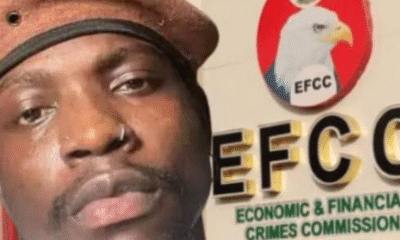
 Crime and Law2 days ago
Crime and Law2 days agoBreaking: VeryDarkMan regains freedom
-

 National News2 days ago
National News2 days agoIGP inspects police security tech facilities
-
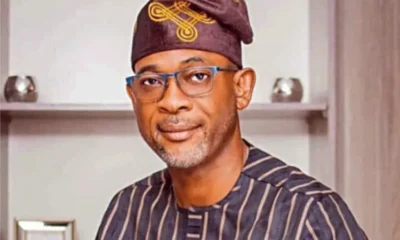
 Metro News2 days ago
Metro News2 days agoALGON chairman slumps during meeting in Lagos
-
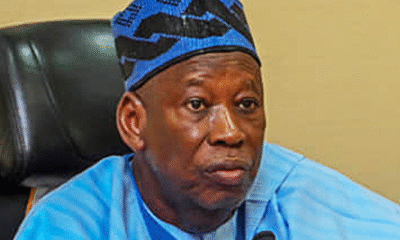
 Politics2 days ago
Politics2 days agoAPC is ready to welcome Kwankwaso – Ganduje
-
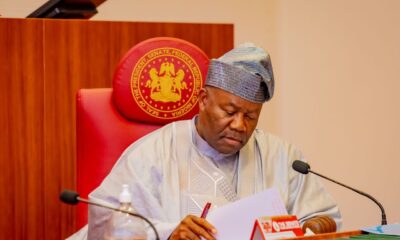
 Politics2 days ago
Politics2 days agoSenate gets new lineup as Akpabio reshuffles leadership
-

 Health2 days ago
Health2 days agoOver 1,200 applicants screened for positions in Edo hospitals
-

 Crime and Law2 days ago
Crime and Law2 days agoTerrorism: Buni calls for enhanced land, air synergy against Boko Haram
-

 Crime and Law1 day ago
Crime and Law1 day agoVeryDarkMan breaks silence after release




















